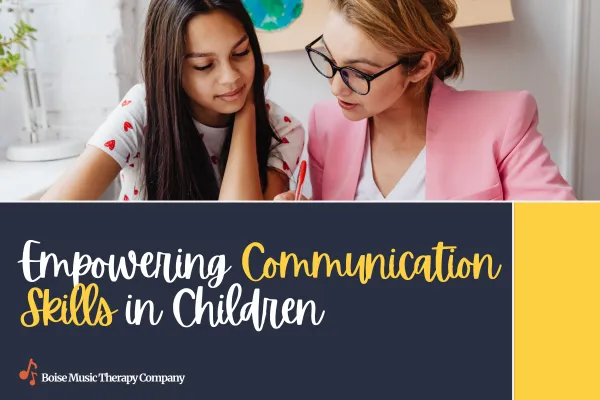
Empowering Communication Skills in Children

Effective communication is a vital skill that empowers children in their interactions and academic pursuits. In this blog post, we'll explore tailored strategies and activities to help parents and educators support learners in developing effective speaking skills.
Cultivating Effective Speaking Skills for Children
1. Encourage Expression
Create an inclusive environment where children feel comfortable expressing themselves. Provide them with opportunities to share their thoughts, ideas, and feelings openly, fostering a sense of belonging and acceptance.
2. Support Clear Articulation
Help children articulate their words clearly and effectively. Encourage them to speak at their own pace, emphasizing each syllable. Offer patient guidance and positive reinforcement to build their confidence in verbal communication.
3. Foster Confidence
Praise and positive reinforcement play a crucial role in building a child's confidence in their speaking abilities. Encourage them to participate in activities like show-and-tell or debates, providing a safe space for them to showcase their unique perspectives and talents.
Activities Tailored for Children
1. Show-and-Tell
This classic activity offers a platform for children to communicate about their interests and passions. It serves as a confidence-building exercise that enhances their public speaking skills.
2. Role-Playing
Role-playing scenarios allow children to practice effective communication in various social situations. This interactive activity helps them develop practical communication skills that can be applied in real-life interactions.
3. Storytelling Sessions
Encourage children to create and share their own stories. This activity not only hones their narrative skills but also boosts their creativity and confidence in verbal expression. Provide them with the support and encouragement they need to share their unique narratives.
Effective communication is a cornerstone of success in both personal and academic realms. By implementing these tailored strategies and engaging activities, parents can create a supportive environment where children feel valued and heard. Through patience, understanding, and positive reinforcement, we equip these young learners with lifelong tools for success in communication and connection.
